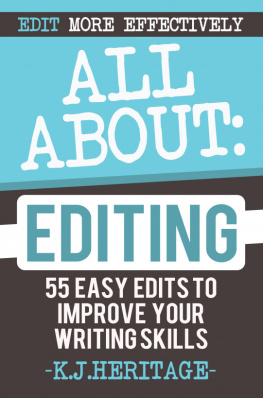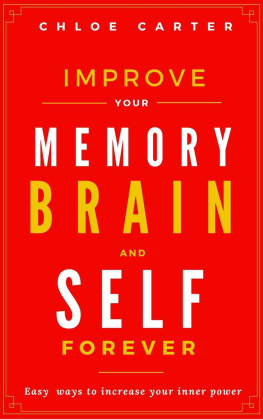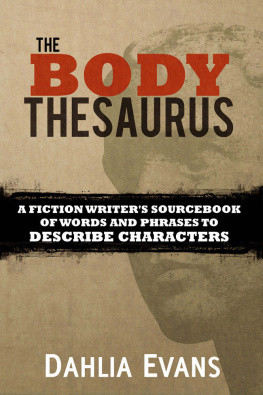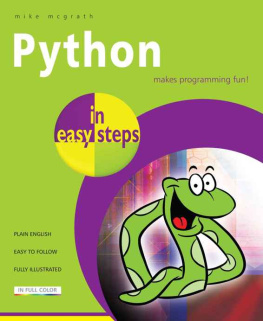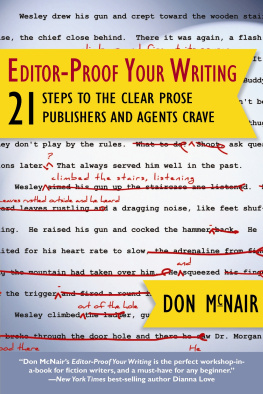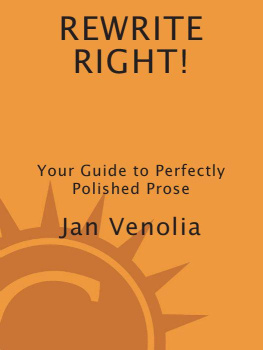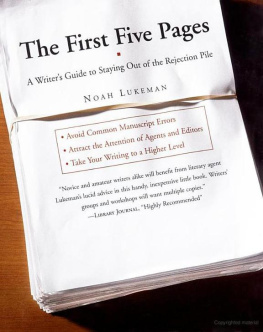WhyYou Need a Book About Copyediting When you publish asan Indie Author, be it on an electronic device via onlinepublishing or as a printed novel via print-on-demand services,readers are evaluating your writing by using Free First Chapter,etc. With so many novels competing against one another, you needall the tools you can get to convert interest into a buy... Welcome to the worldof copyeditingthe revision, correction, and adaptation of a pieceof writing for publication. An edit is the singular name given toan individual edit or group of edits in the process of copyediting.By using this guide as a grammar workbook, you can easily applyeach of the fifty-five edits to your novel. Use these editsto:
- Find redundant adjectives andoverused adverbs
- Banish boring words
- Learn dialogue writing
- Write characters moreeffectively
- Discover over thirty overusedwords and phrases such as that, it, up/down, was/were, had, even,got, etc.
Applying these editsto your fiction will allow reviewers and readers to evaluate yournovel purely on the strength of your story and not on clumsy andweak prose, overuse of adverbs, repetition, and flabbiness. Applying these editsto your fiction will allow reviewers and readers to evaluate yournovel purely on the strength of your story and not on clumsy andweak prose, overuse of adverbs, repetition, and flabbiness.
And inthe process, you will learn to become an experienced and competentcopyeditor. Your readers may notunderstand why your fiction is more engaging, but subconsciouslythey will respond to the improved flow, the more immediate prose,and leaner sentences. Howare we going to do that? By using creativewriting technique. By demonstrating your writing credentials on notonly page one, but all your pages. By showing reviewers and yourreaders you can write and write well. Today it is easy toself-publish electronically.
You can write a story in the morningand publish in the afternoon - and astoundingly, many authors dothis. Hundreds of them. The temptation is to publish when the workis far from ready. As a professionalindependent author, it is your job to avoid this pitfall. Onething will always stand out above everything else: Good writing .Reviewers will always be swayed by good writing. Readers will bedrawn into your novels by good writing.
Im going to say it onemore time : Goodwriting . The worst criticism Ican imagine for any independent author is that of poor technique- a lack of professionalism. Sure, readers and reviewers may notlike the work for any number of reasons but having a professionalapproach and applying discipline to your editing process, willmaximise your chances of success. Iwould go as far to say that no matter how wonderful your plot,story and characters, bad writing will always let you down. Always. Conversely, well-edited, considered, professional prose froman independent author who knows their art, can elevate the mostpoorly imagined story. AllAbout Copyediting will not tell you how towrite a novel, nor how to write like Tolstoy, or any other author.It will certainly not explain how to write bestselling fiction, howto make money, or guarantee you marketing success.
What it willguarantee, is to give your novel the best chance it can get in atough, competitive, and new publishing world. But Ican do all this online cant I? Youmay think that using any of the many online resources to quicklycheck your manuscript for unwanted words and phrases such as that , it and there are, etc. isall you have to do to get your novel ship-shape and ready forpublication. This guide is superfluous isnt it? Think again. These onlineresources rely on algorithms - a self-important term forcounting words and checking them against a prescribed number ofappearances per 1000 or so words. Doyou really think you have somehow fixed/successfully edited yournovel because a simple online counting program tells you all isnowoka y? Lets think about that for a moment. A simple counting program Lets say you use one of these programs and the resultssuggest that you are overusing the word that .
You simply track down everyoccurrence of that in your manuscript, remove enough of them to makethe numbers add up and all is well. Or is it? I have over twentyyears copyediting and writing experience and I strongly believethis approach to be detrimental to fiction writing. For writers toassume that simply deleting a few buzz-words from theirmanuscript will somehow improve their fiction is laughable. Im not knockingthese checkers per se, they do have some use - particularly forpointing out repeated words and phrases, but other than that, theyshould not be relied upon. Forinstance, if you are using the word that correctly and it is helpingsentence flow, there is no need to delete it, regardless of whatthe numbers say. We are writers.
Weare conveying meaning. We are creating emotion, characters andaction - it is as far away from a numbers game as you can get. Sohow is this guide different? Wewill be searching for some of the same buzz-words, but in each andevery instance, this guide will explain why we are looking for these wordsand how they canbe misused. It will allow you to make informed decisions about whenyou need to delete or re-edit and when you can leave your prosealone. Thisguide covers areas that no online checker can help you with -italics and capitalisation, how to deal with numbers and time, howto write modern dialogue, how to understand the past and presentwhen using words like had and how to use shownottell toavoid passivewriting . Youcan do all this in 20,000 words? Thisis not a full-on grammar guide and doesnt aim to be.
Indeed, there are manyhefty reference books out there for you plough through. Instead,this guide focuses on the most common fiction writing pitfalls andgives you targeted advice on how to make your novel a leaner,better, more fulfilling read. Lets put it in anutshell: All About Copyediting is aone-stop copyediting shop to improve your novel beforepublication. Iwant results now! I cannot give you adefinitive time for how long it will take you to implement thefifty-five steps outlined in this guide. The process will take aslong as it needs to, but you will see the results immediately. Yournovel will read more easily, your writing will have improved flowand your prose will be leaner and more direct.
The next time youwrite, you will notice how your writing has developed. You willhave pinpointed your bad habits and made sure they do not survivepast draft one. Put in the time andyour fiction will be the better for it. Happy editing! 

 TABLE OF CONTENTS Why you need a book about Editing Thisguide wont guarantee you any morefollowers or a book deal; what it will guarantee is that you willgive your novel the best chance it can get in a tough, competitivepublishing world. Before we start Making an informed choice. SECTION ONE EDITS 1-10 Adverbs, adjectives& only The role of adverbsand adjectives in modern fiction, focusing on how they areroutinely abused and misused.
TABLE OF CONTENTS Why you need a book about Editing Thisguide wont guarantee you any morefollowers or a book deal; what it will guarantee is that you willgive your novel the best chance it can get in a tough, competitivepublishing world. Before we start Making an informed choice. SECTION ONE EDITS 1-10 Adverbs, adjectives& only The role of adverbsand adjectives in modern fiction, focusing on how they areroutinely abused and misused.
Overused words Alist of commonly overused words and phrases that can clog up, slowdown and ruin your prose - and when and how to deal withthem. What is more boringthan watching paint dry? Theanswer? Watching someone else watch paint dry. Words and phraseswhose only function is to remove the reader from the action of yournovel. Italics, quotations& capitalisation There is no excuse for not knowing when to use italics,quotation marks and capitalisation in modern fiction, but you wouldbe surprised by how many writers do not do their homework on thissubject. Speech Dialogue in fiction can be a minefield. How to avoid some ofthe more common conversation pitfalls and examples showing how tomake discourse more readable.
Next page
